04 September, 20

The Broken Earth Trilogy
Photo by: Clay Banks/ Unsplash
7 Extremely Relevant Sci-Fi Books To Check Out This Fall
Sci-fi may often be about alternate histories or futuristic societies, but it tends to offer very necessary reflections on our own world.
This fall, as we speed through a stressful election that has existential implications for all of our lives and continue to grapple with a pandemic, we’ll need great sci-fi books to get us through the season. And what could be better than sitting back with some hot cider, watching the autumn leaves fall, and traveling to a distant sci-fi universe?
Here are 7 sci-fi books to help get you through the fall.
1. The Three-Body Problem by Liu Cixin
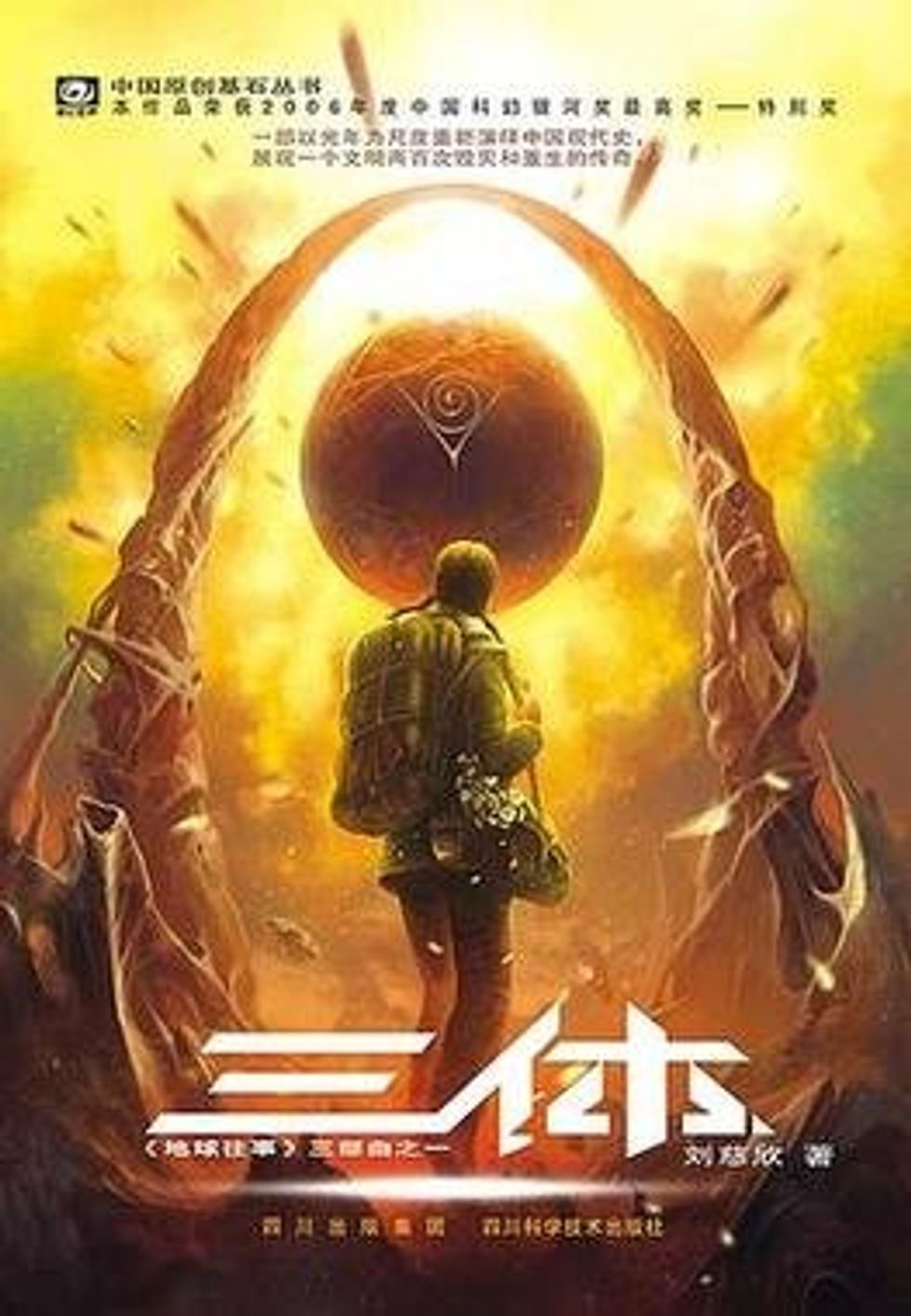
Three Body 三体 written by Liu Cixin via Chongqing Press.
Game of Thrones’ creators just announced that their next blockbuster adaptation will be based on The Three-Body Problem, an award-winning series about extraterrestrials that’s really a reflection on humanity.
2. Parable of the Sower by Octavia Butler
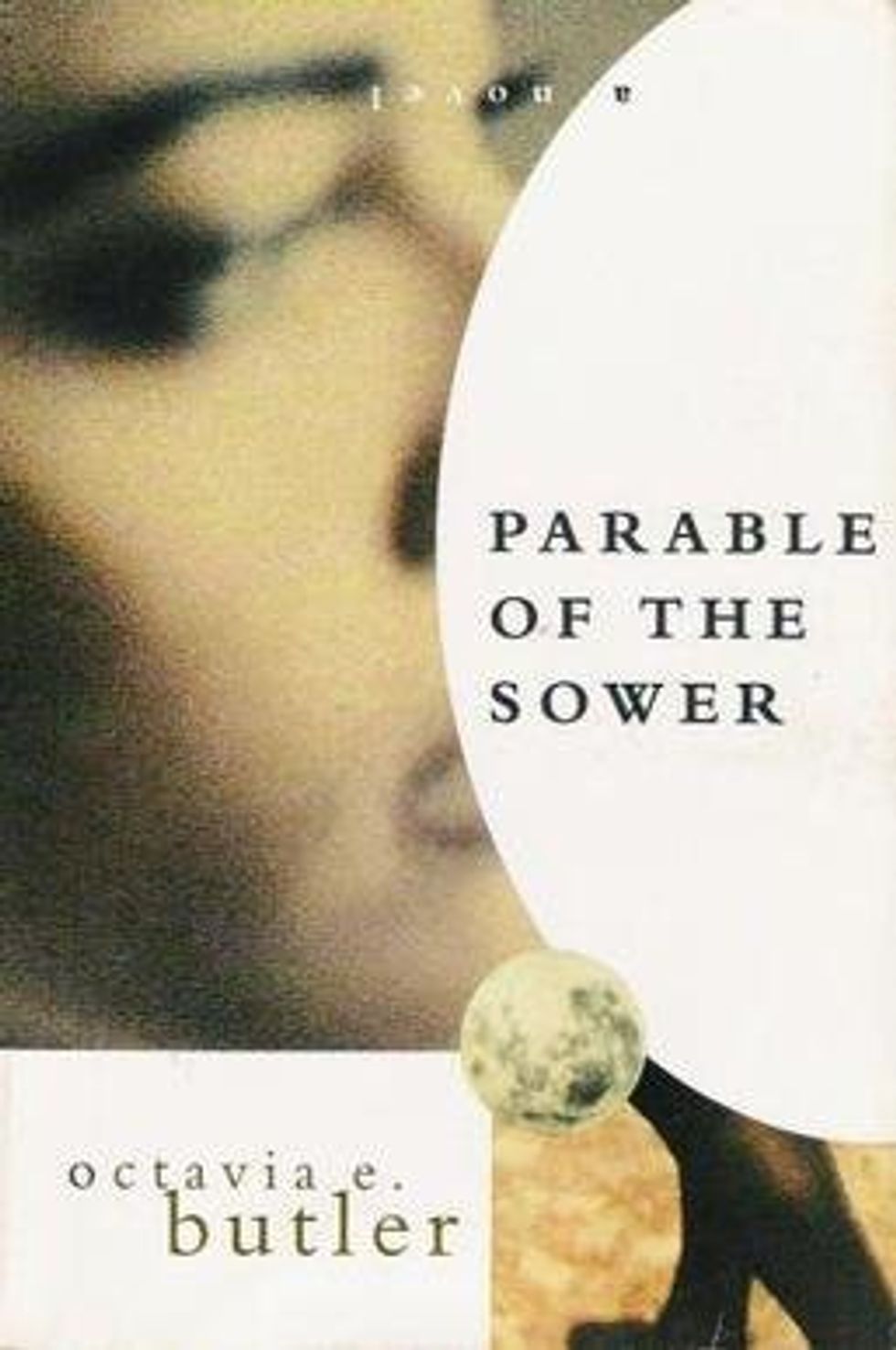
via EmeraldCity
Octavia Butler is a must-read for any fan of science fiction, but her book Parable of the Sower feels extra-relevant today. It tells the story of a society brought to its knees by environmental destruction, racism, and economic crises. It stars a girl suffering from hyperempathy, or an extreme sensitivity to others’ suffering. Studded with poetry and filled with reflections on dystopia, zealotry, and other problems, it also offers something extremely rare: a blueprint for a potential solution.
3. Dune by Frank Herbert
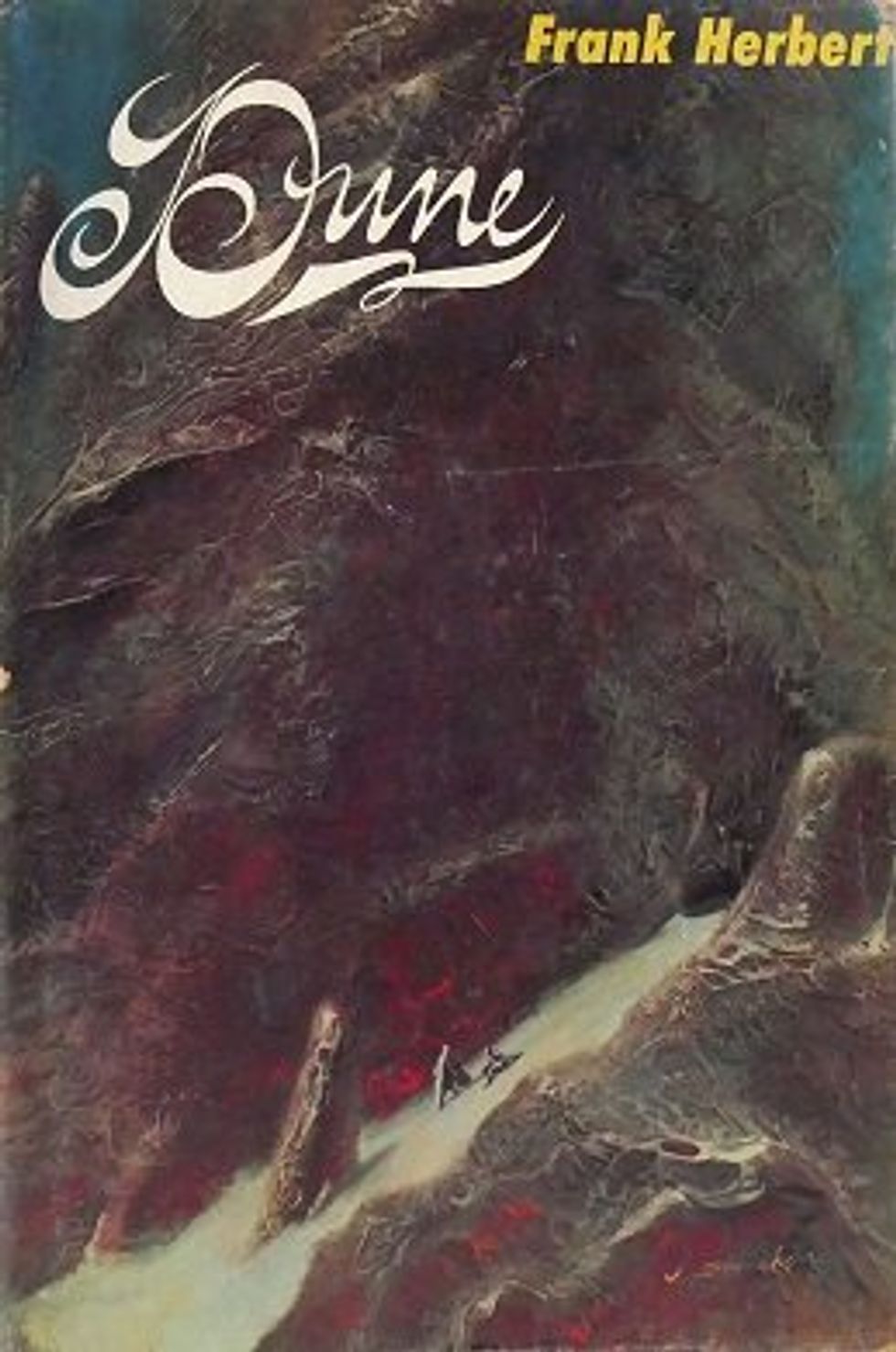
1965 Chilton Books hardcover first edition book cover of Dune by Frank Herbert, with art by John Schoenherr and AbeBooks |
The 2020 movie version may star Timothee Chalamet and Zendaya, but the actual print book Dune has been beloved by science fiction fans since 1965. Taking place around 20,000 years in the future, it is set in a feudal society in which varying powers compete for sovereignty over planets. The central planet in question is Arrakis, a wasteland of a planet that is also the only source of melange, a drug that allows users to travel through dimensions.
Dune has been translated to computer games, follow-up films, and many other forms of entertainment, but the original still occupies a very specific place in the sci-fi and fantasy canons. Whether you’re looking to brush up on your Timothee Chalamet lore or want to dive into a distant and fascinating world, Dune is a surefire bet.
4. The Hitchhiker’s Guide to the Galaxy by Douglas Adams
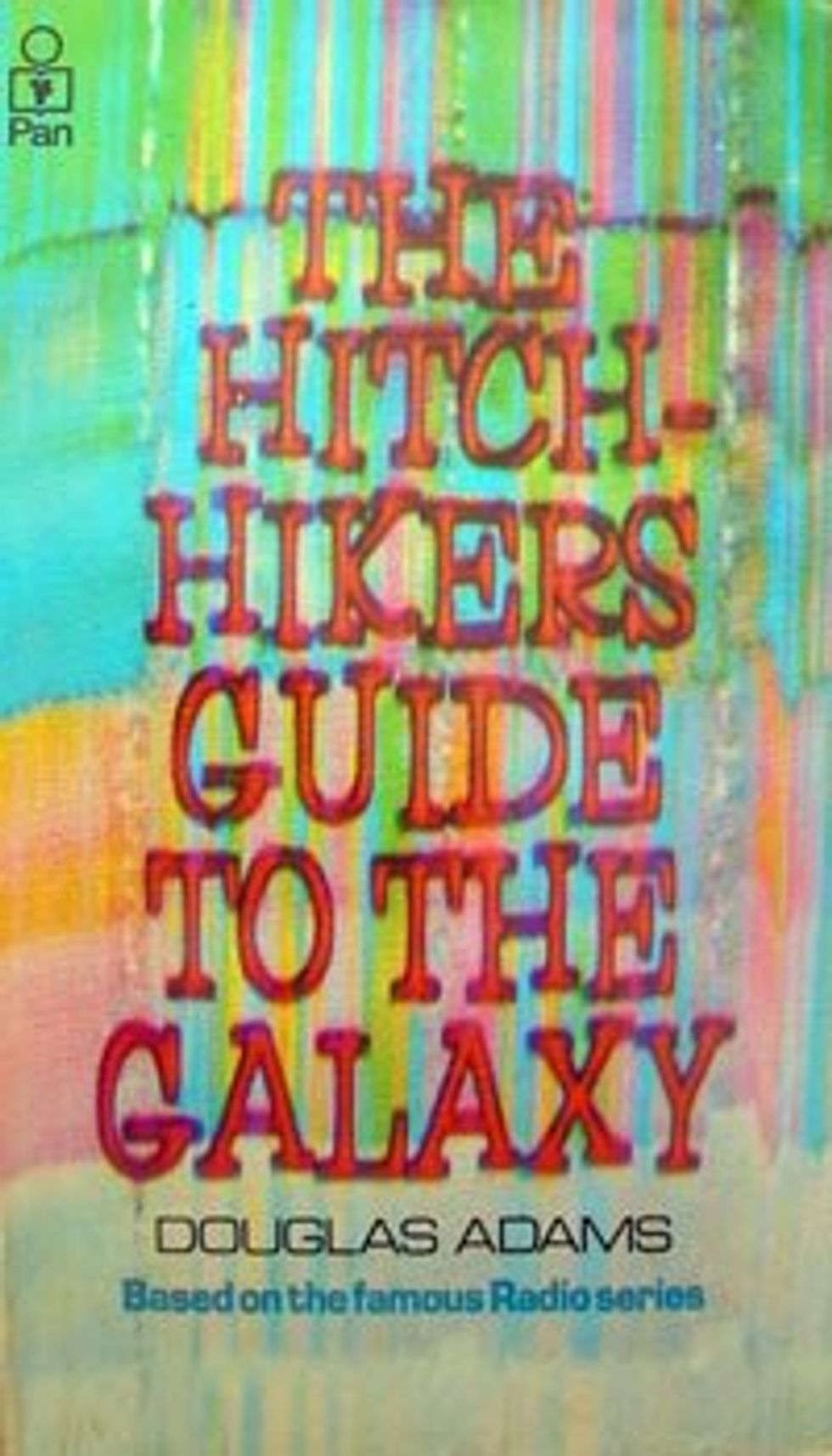
Cover of the original UK paperback edition of the novel, PanBooks, Fair use, https://en.wikipedia.org/w/index.php?curid=3221823
The Hitchhiker’s Guide to the Galaxy has remained perpetually relevant since it was published in 1966. Confronting meaninglessness, global annihilation, inane leaders, and the absurdity of human life, it offers a roadmap for getting through the (hopefully) last few months of the Trump presidency; and it may even be, as one writer put it, “The Book of 2020.”
5. The Invisible Man by Ralph Waldo Emerson
Ellison’s classic novel appears on many books-to-read-before-you-die lists. It addresses what it means to be a Black man, but it also addresses and interrogates human identity on the whole. In the midst of a second Civil Rights movement, this book offers perspective and wisdom.
6. The Broken Earth Trilogy by N. K. Jemisin
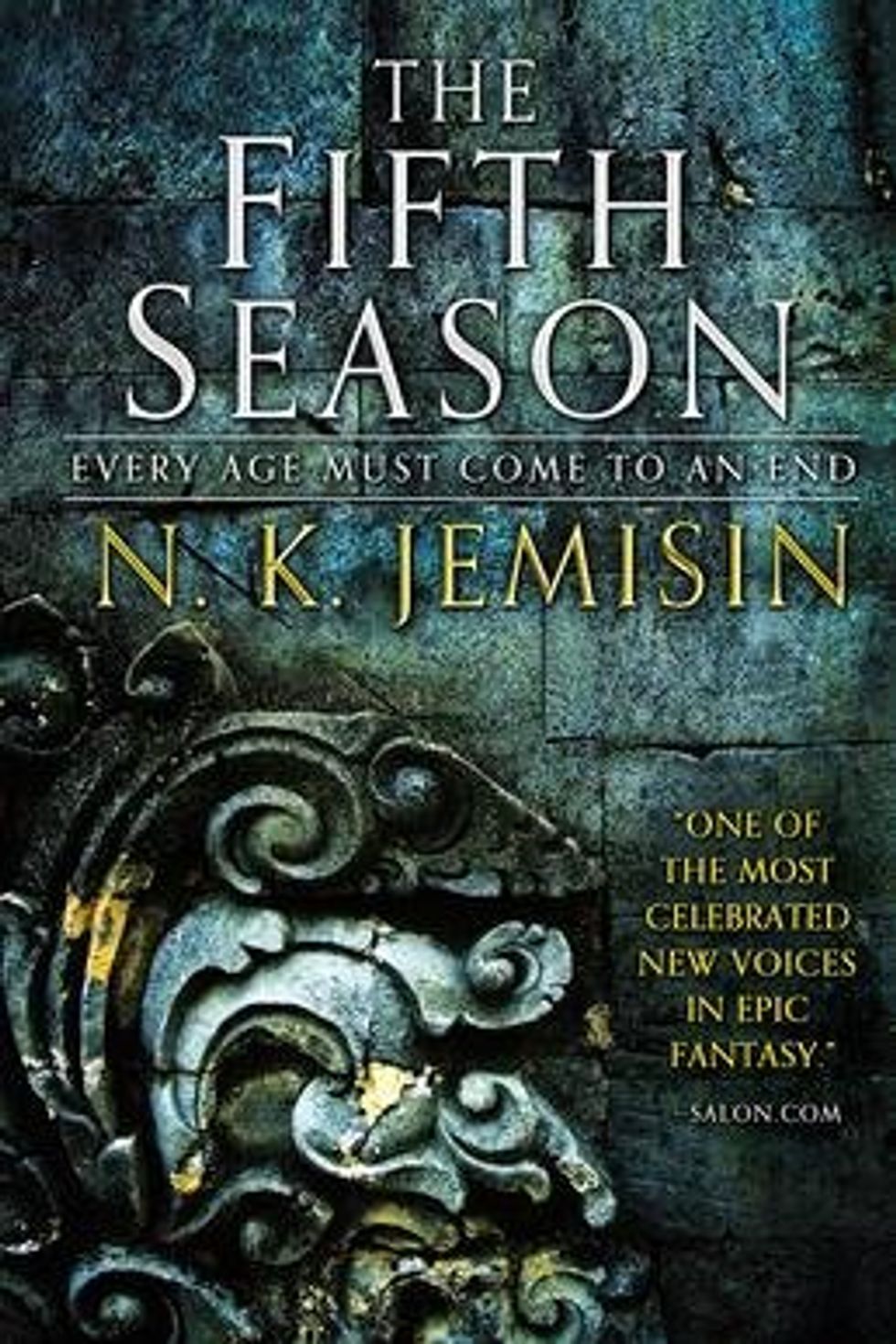
Publisher Orbit By https://supernaut.info/wordpress/wp-content/uploads/2016/06/n-k-jemisin-the-fifth-season.jpg, Fair use, https://en.wikipedia.org/w/index.php?curid=51349858
N. K. Jemisin’s highly lauded Broken Earth series consists of three books—The Fifth Season, The Obelisk Gate, and The Stone Sky. Taking place on a fictional planet, it tells the story of a world whose inhabitants are faced with regular, cyclical catastrophic periods of climate change. The series is difficult to explain in brief, but its nuanced perspectives on the war between humans and the earth made Jemisin the first author in the history of sci-fi to win three consecutive Hugo Awards.
7. Feed by M. T. Anderson
Feeling exhausted by the Internet, but not exactly sure why—or how to detach yourself from it? M. T. Anderson’s YA cyberpunk novel “Feed” might provide the impetus you need to finally abandon the Internet once and for all, and it might also awaken you to the fact that everything on the Internet is specifically designed to sell you something.
The novel takes place in a future dominated completely by corporate exploitation, in which most people’s brains are connected and controlled by digital implants that allow corporations to target and control them. The book takes place in an ecologically devastated world and offers a complex critique of capitalism, groupthink, and endless targeted advertisements.



